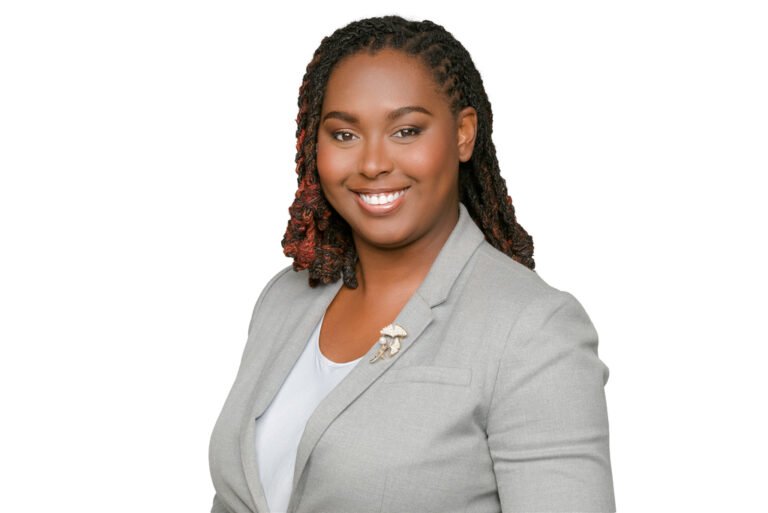Image this: Lisa and David have been married for 12 years, sharing a comfy two-bedroom dwelling in Kingston. When their relationship crumbled, David packed his luggage and left, however Lisa stayed in the home. Months later, David demanded that Lisa pay him hire for “his share” of the property.
Lisa was shocked. “How can he count on me to pay hire for a home we each personal? He left voluntarily!” she exclaimed. David, alternatively, argued, “It’s not honest for her to dwell there rent-free whereas I get nothing!”
This state of affairs is extra widespread than you’d assume, particularly in divorces or household disputes. It raises an vital query: does a co-owner who stays in a property owe hire to the one who leaves? The reply isn’t at all times easy. Let’s discover.
The Basic Rule: Equal Proper to Occupy
Co-owners, whether or not tenants in widespread or joint tenants, have an equal proper to occupy the property. If one chooses to depart, the remaining co-owner isn’t routinely obligated to pay hire. Nevertheless, there are exceptions:
1. Rental Earnings from a Third Celebration: If the property is rented out, the co-owner accumulating the hire should share it with the opposite.
2. Exclusion or Ouster: If one co-owner is prevented from accessing the property, the occupying co-owner could owe compensation.
3. Settlement to Pay Lease: If the co-owners agree that one can pay hire, this turns into a binding obligation.
Household and Matrimonial Disputes
Whereas the overall rule appears easy, household disputes typically create distinctive circumstances the place equity calls for extra.
· Breakups & Divorce: If one partner strikes out resulting from battle, courts could take into account it a type of exclusion.
· Inheritance Disputes: When siblings inherit a house, one could really feel not noted if the opposite takes full management.
In these instances, the courts apply ideas of equity (fairness) to find out whether or not the occupying co-owner ought to pay compensation.
The Court docket’s Strategy in Household Contexts
1. Sensible Exclusion: In Re Pavlou (A Bankrupt), the court docket emphasised that exclusion just isn’t restricted to bodily boundaries. Emotional or sensible circumstances stopping one celebration from occupying the house may qualify.
2. Breakdown of Relationships: In Re Byford (Deceased), the court docket dominated that when a household relationship breaks down and one celebration leaves the house, the one who stays could also be liable to pay occupational hire if equity calls for it.
3. Voluntary Absence vs. Exclusion: In Dennis v McDonald, the court docket held that if a co-owner voluntarily chooses to not occupy the property, they don’t seem to be entitled to compensation. Nevertheless, if their absence is because of exclusion, compensation could also be owed.
The next are some real-life eventualities exhibiting how the court docket could cope with sure disputes:
1. The Divorcing Couple: After Lisa and David’s separation, Lisa remained within the dwelling whereas David moved out. If David may show he was successfully excluded from the house, he may be entitled to occupational hire.
2. Sibling Rivalries Over Inheritance: Two siblings inherit property. One strikes in whereas the opposite feels excluded. If the occupying sibling dominates entry or management, courts could order compensation.
Be aware nevertheless that co-owners can at all times make agreements about how the rental earnings from a property is for use or if both celebration is to make any fee to the opposite. This avoids court docket battles and supplies readability for each events.
Conclusion
Whether or not it’s a divorce or a household dispute, shared property can turn out to be a battleground. The regulation provides clear ideas, however equity typically will depend on the distinctive circumstances of every case. Should you’re in the same state of affairs, understanding your rights and in search of authorized recommendation might help you higher navigate.
Written by Shanique Scott
Shanique is an Legal professional-at-Regulation with over 15 years of expertise, admitted to the Jamaican Bar. She holds a Bachelor of Legal guidelines (LLB) and a Grasp of Legal guidelines (LLM) in Maritime Regulation.
Source link

